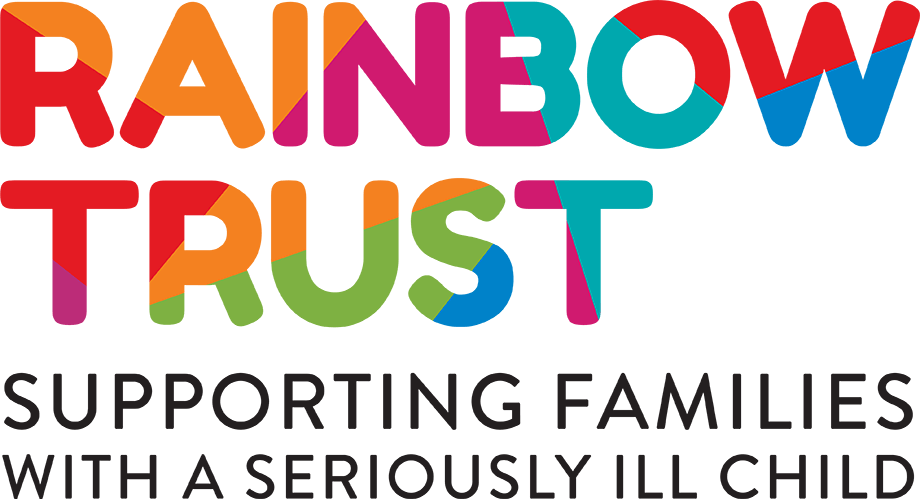Date published: 12 March 2021 by Jessica Homer
At the start of 2021, we conducted a survey of families we were supporting.* This is the third survey we have run since the start of the pandemic. In 2021, 56% of respondents said that their family situation was worse or much worse than the first national lockdown and 54% also said that their mental health was either ‘worse’ or ‘much worse’ than in March 2020.
The survey is a clear indication of the vast pressures families with a seriously ill child are under, as they continue to face stress and anxiety over the health of their child during the pandemic. 63% of parents said the risk of their child contracting COVID-19 was their greatest concern and 63% are still shielding.
Medical treatment has been affected for 51% of families including delayed appointments, suspended treatments and problems accessing medication. One family surveyed said prior to the pandemic their child was assessed by their consultant every 21 days but this has now dramatically reduced to every 12 weeks.
Additional financial strain is being felt by 40% of families with reasons cited including: job losses, income reduction and being furloughed.
Meet Emma and her family
The survey featured parents including Emma from West Sussex who lives with her husband Tim and two daughters – Abi (15) and Roo (14). Abi is autistic and has a severe heart condition called dilated cardiomyopathy which causes her heart muscles to be extremely weakened and enlarged. As a result, Abi is a wheelchair user and requires 24/7 care.
For Emma and her family the third lockdown has been incredibly tough for all of them. Emma says:
“We have been almost continually shielding for over a year now. We made the decision to pull Roo out of school on 13 March 2020 as she became terrified of bringing COVID-19 back into the house. The risk of COVID-19 was too high for Abi and also for me as I have a history of severe asthma.
“I’ve kept going because I’m a mum and I have to, but it’s my kids I feel so sorry for. The winter months made it dreadful with dark, wet days and battling to get home-schooling done on top of Abi’s care. She has really struggled as it’s not fair for a 15-year-old to be cooped up with her family continually - but being in a wheelchair she has no independence. For Roo at 14, she should be flourishing and gaining independence but she’s not able to.
Our Family Support Worker Janet has continued to support Emma and her family throughout the pandemic, assisting with transport to medical appointments at Great Ormond Street Hospital. Emma says:
“When restrictions allow Janet comes into the hospital and supports me, as the days can be so long and demanding, particularly if Abi gets distressed. Just buying me a coffee and having someone to talk makes a big difference.
“Throughout the pandemic Janet has also kept in regular contact with us through texts and phone calls – her virtual support has meant a lot. Just knowing she is there, even though we can’t always see her in person, has been a real help.”
Families with a seriously ill child must not be ignored
As the anniversary of the first national lockdown looms, we are calling on the Government not to ignore families with a life-threatened child as restrictions start to lift. We are highlighting the continuing extreme social isolation for these families as they cope with the continuing pressure of caring for a seriously ill child during the pandemic.
Our Chief Executive, Zillah Bingley, says:
“Our survey clearly shows that a year on, and as government plans to gradually lift restrictions in the months ahead, it is vital that families caring for a life threatened or terminally ill child are not forgotten. While most of society is looking forward to resuming pre-pandemic normality, we know many families caring for a seriously ill child are still living in fear after being disproportionately affected over the past 12 months.
“The majority of parents responding to our survey are telling us that they are still extremely socially isolated, which has had a direct and negative impact on their mental health. On top of this they have had to cope with their child’s delayed medical care and increased financial strain.
“The recent budget failed to address the needs of families with seriously ill children, so now we are urging government to invest in short breaks and respite care which these families so desperately need after a year of immense stress, and to build back a society where these families no longer feel ignored and overlooked.”
* Results from our snapshot survey to families receiving our support in January 2021 during the third national lockdown with 41 parents responding.



